
Tag: Two-State

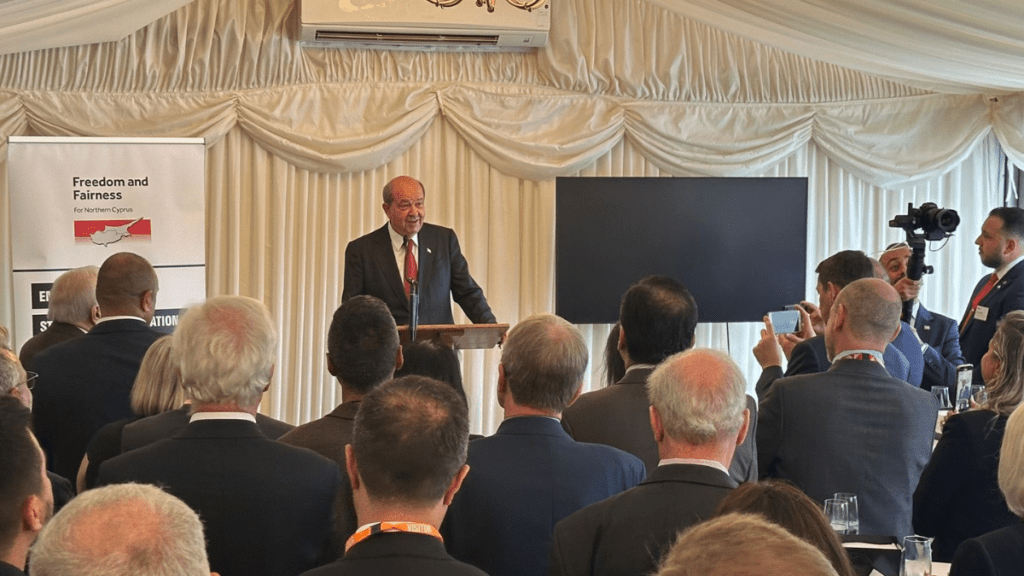
Iran and Russia would love the UK to continue neglecting Turkish Cypriots

The UK has abandoned what could be its most steadfast ally in the eastern Mediterranean – Northern Cyprus. For decades, the UK Government has distanced itself from the country in a foolish attempt to please Greek Cypriot lobby groups that purport to be the ‘representative voice’ of ‘Cypriots’ living in the UK. However, in doing so, it risks pushing the TRNC in the opposite direction – towards Russia and Iran.
The UK should break free of the shackles it has bound itself in and finally take the lead on a foreign policy issue, argues Georgia Gilholy.
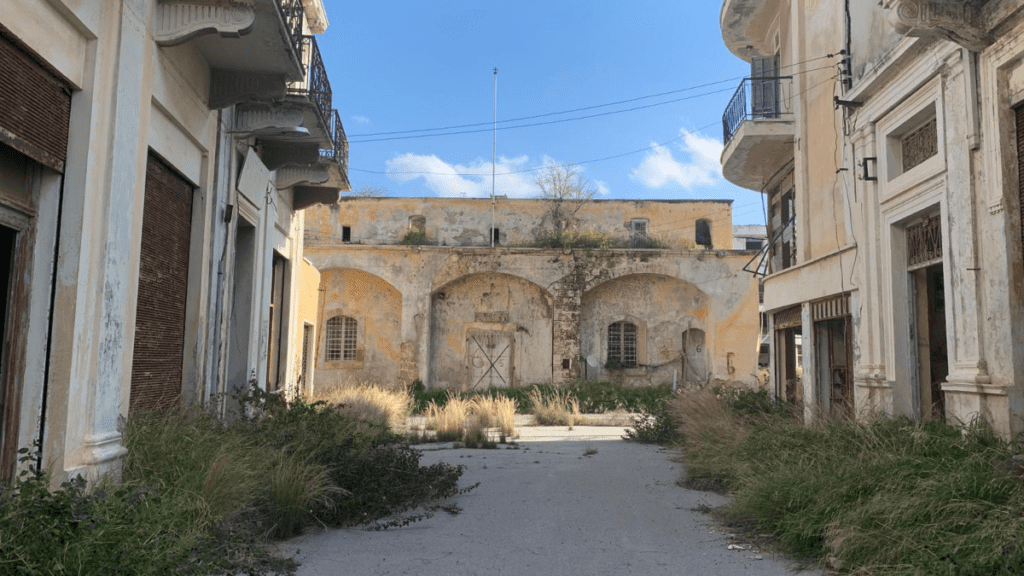
Fahri Zihni: The case for a two state solution

Former chair of the Council of Turkish Cypriot Associations (UK), Fahri Zihni, explains how a two state solution carries numerous benefits for both Greek and Turkish Cypriots living in Cyprus.
He writes that the UN Security Council could help achieve this, just by being clear that both Turkish and Greek Cypriots are co-equal founding partners of the island, and revoke Resolution 186, a mistake that gave Greek Cypriots control of the entire island.
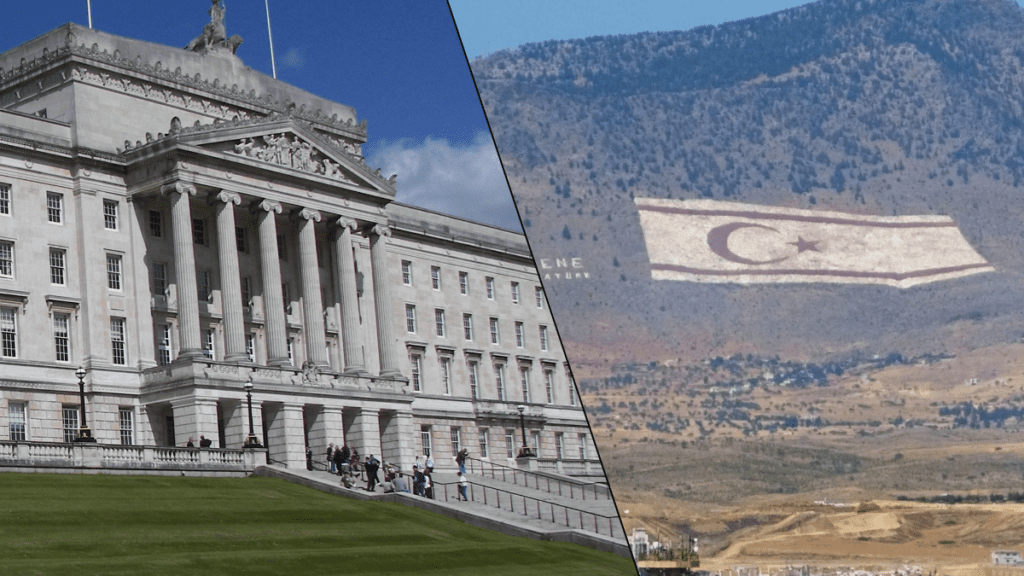
Northern Ireland’s close bond with Northern Cyprus explained

Northern Ireland’s political figures are renowned for their reputations as some of the most resilient politicians in the UK. Many endured years of uncertainty during the Troubles, and most can understand the benefits of a peaceful two state solution on their own island.
Northern Cyprus is another island that many of them can see comparisons with. An island, once at war, now at relative peace thanks to the two state solution that has been fostered there. Some figures from the Ulster Unionist Party and the Democratic Unionist Party have begun to advocate for UK recognition of this reality, and for direct flights.
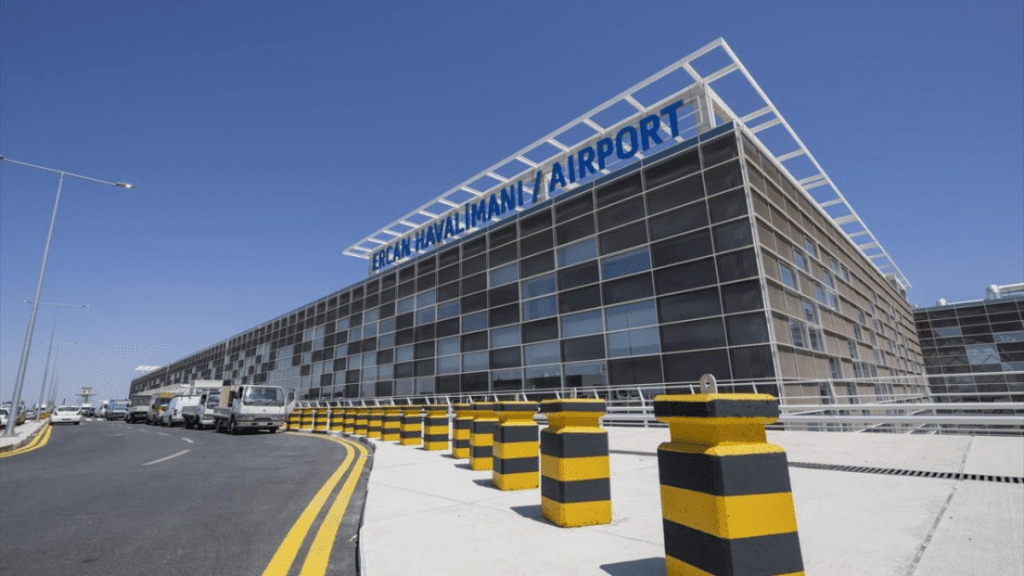
Turkish Cypriot isolation must end to return normality to the eastern Mediterranean
There has been over half a century of failed talks revolving around the Cyprus issue with the most notable examples – Annan Plan (2004) and Crans Montana negotiations (2017) – being rejected by the Greek Cypriot side. Calls for new ideas to solve this dispute have increased ever since.
However, Turkish Cypriots have remained international isolated since 1963, following a Greek Cypriot coup of the partnership Republic of Cyprus. As a way to reduce tensions in the region, ending the isolation of Northern Cyprus may be a start, especially with the introduction of direct flights.
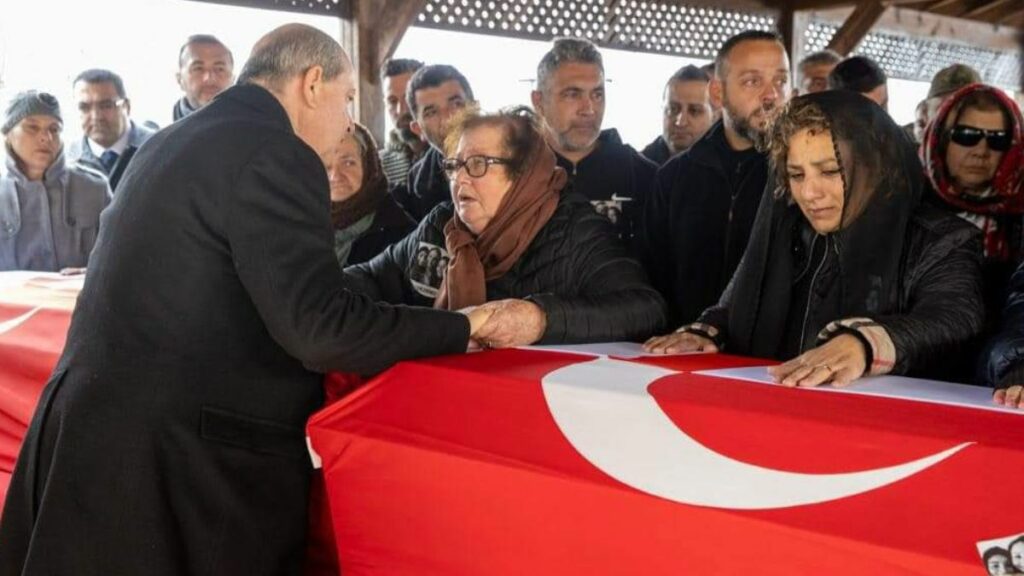
Turkish and Greek Cypriots continue to collaborate in finding their missing dead
The Turkish Republic of Northern Cyprus continues to push for recognition and each day its calls grow stronger with more hearing it. Whilst it strengthens its case for recognition, it engages in cross-community confidence-building measures to ensure that Greek and Turkish Cypriots find closure, and are reunited with their missing relatives following the Greek Cypriot and Greek-led coup in 1974.
All attempts to reunify Cyprus have failed, largely owing to political maneuvering by the South, however the Turkish Cypriot side has been attempting to foster collaboration in other ways – reuniting the dead with their families has been the most effective.
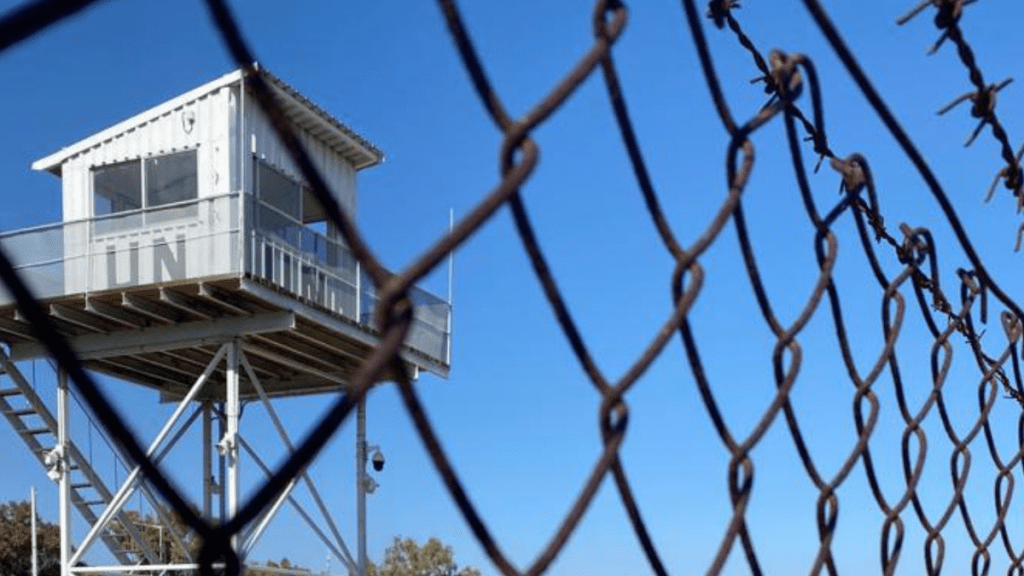
Five decades of division – now a two state solution is the only path for Cyprus

Both Turkish and Greek Cypriots suffered from 1963. The bloody push to illegally join Cyprus with Greece (‘Enosis’) saw Greek Cypriots murdered by their own neighbours and government, and an attempted extermination of the Turkish Cypriots. 50 years on, a two state solution can formalise a peace to this frozen conflict.
Helena Smith writes for the Guardian about how both Sides suffered because of the ruthless pursuit of Enosis by EOKA-B and their Greek sponsors. There would be no Turkish Cypriots living in Cyprus had Türkiye not acted to prevent their genocide in 1974.

50 years since Türkiye ended Greek and EOKA-B plans for a Turkish Cypriot genocide
There would be no Turkish Cypriots living in Cyprus had Türkiye not acted to prevent their genocide at the hands of Greek Cypriot ethno-nationalist paramilitary terrorists in 1974. Many Greek Cypriot groups conveniently forget to mention this when recalling the history of Cyprus, instead opting to lazily whitewash history in favour of their tired agenda of reunification.
Michael Drummond from Sky News explains the history of the island of Cyprus, and delves into some of the subsequent efforts to marginalise Turkish Cypriots – notably through export of hellim.
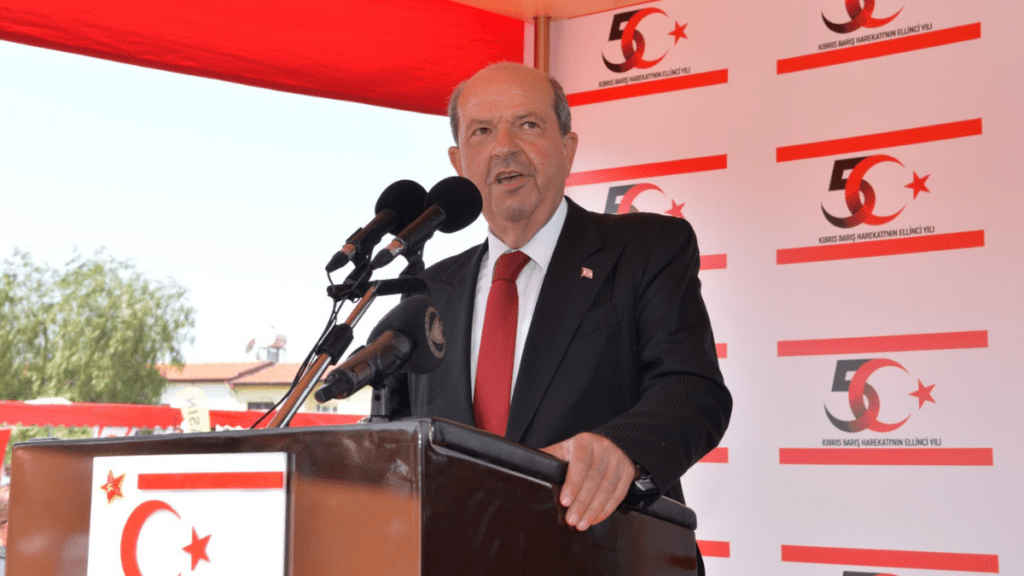
UK Minister calls for ‘openness and compromise’ as the TRNC celebrates 50 years of peace

The UK Foreign Office has responded to former Labour Foreign Secretary Jack Straw’s call for a two state solution in Cyprus by calling for ‘openness and compromise’ in resolving the Cyprus issue.
We agree – that’s why after over a dozen attempts, the UK Government should stop attempting the tried and failed ‘bizonal, bicommunal federation’ model, and finally be bold in pushing for a solution through thinking outside of the same narrow parameters that have only served to further compound Turkish Cypriots on the island of Cyprus and across the world.
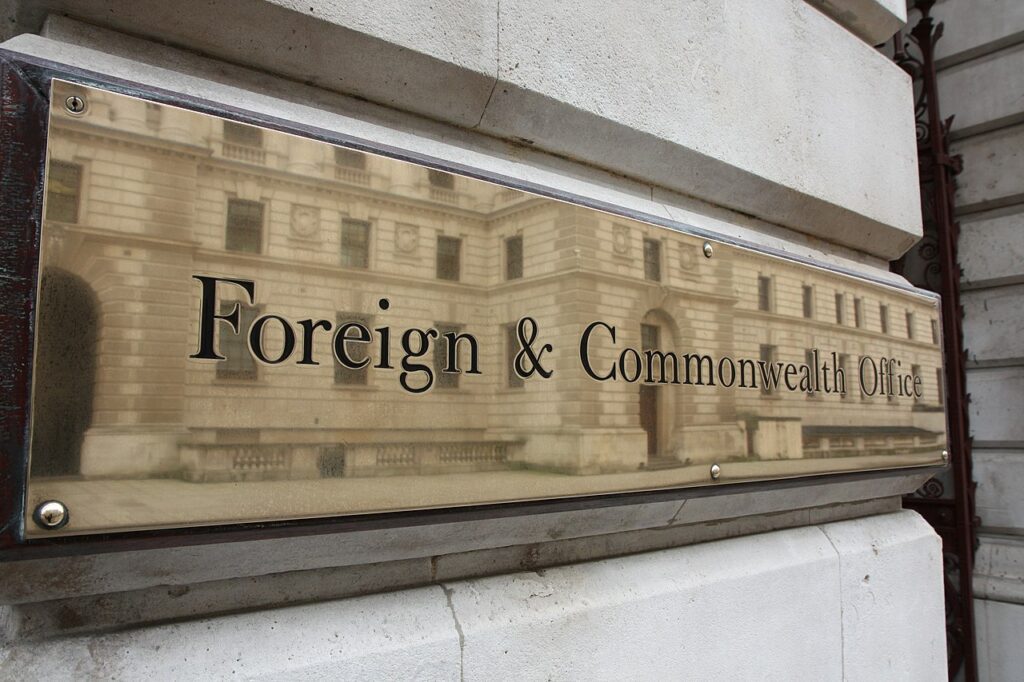
Ex-Labour Foreign Secretary calls for a two state solution and an end to the TRNC’s isolation

Former Labour Foreign Secretary writes about the current ‘absurdity’ in the approach of the Greek Cypriot leadership to the Cyprus Issue. He calls for compromise to secure a long-term, sustainable future for the TRNC and Southern Cyprus. He explains his regrets over Cyprus’ accession into the European Union in 2004, and argues that the UK needs to use its unique influence in the region to ensure that this 50 year frozen conflict is resolved for the benefit of both states on the island.

